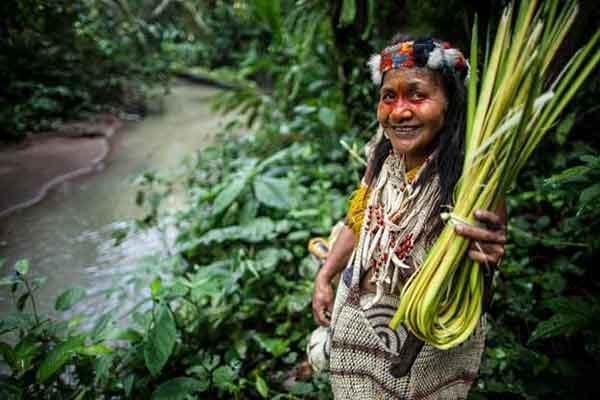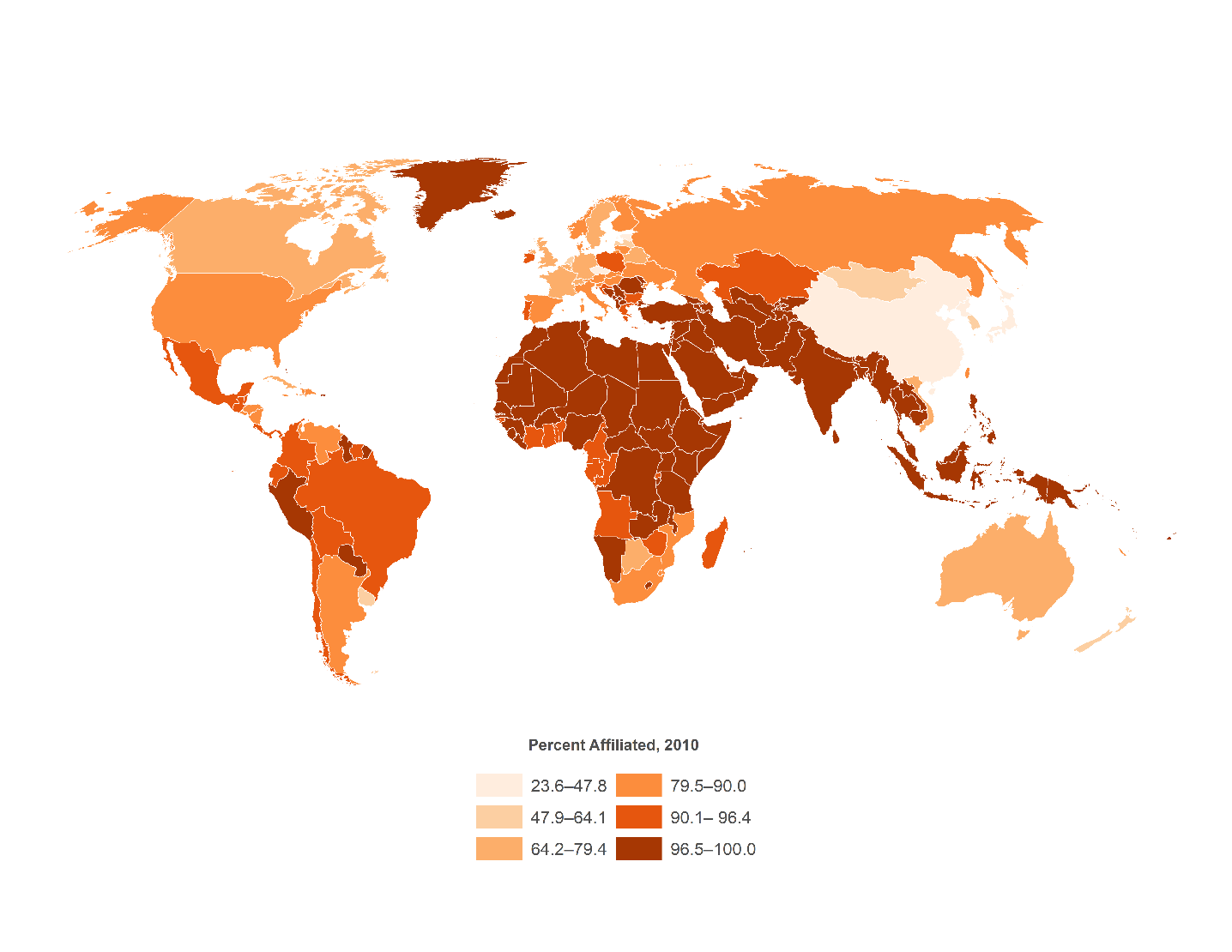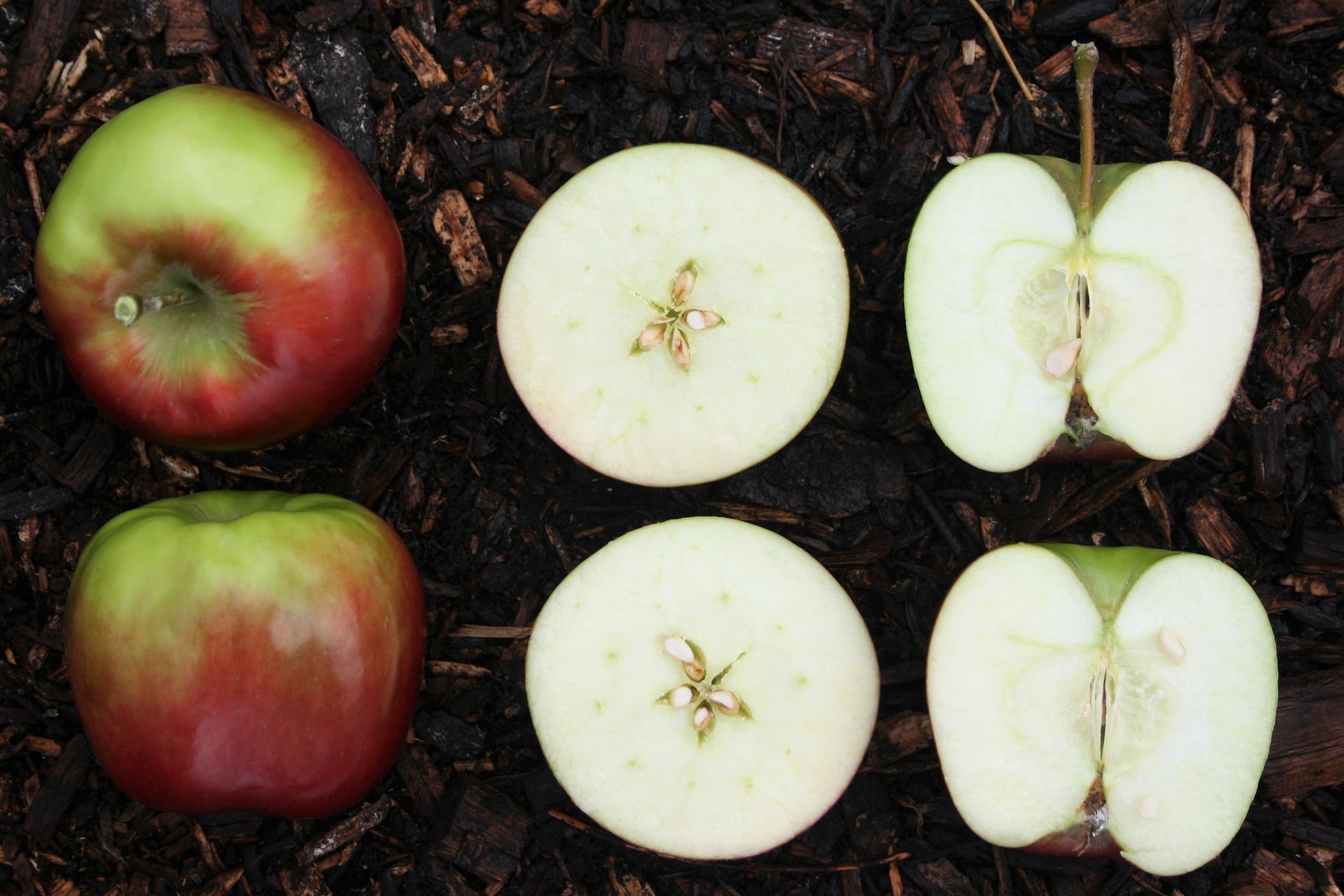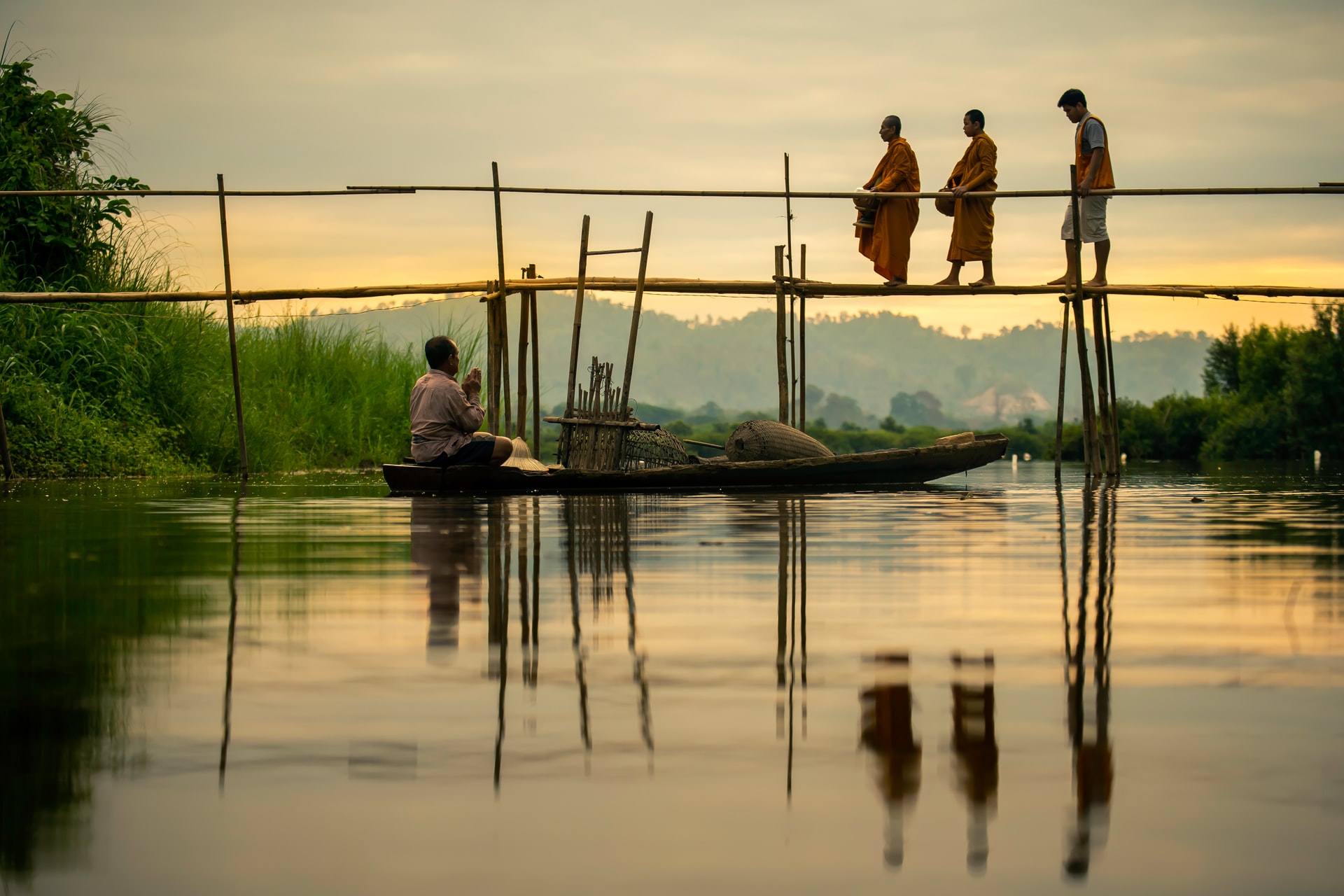Search
10 items
-
Ancient Judean Dates
A date tree planted in Ketura, Israel from 2000 year old seeds found at an archeological site in the Judean wilderness has finally bore fruit earlier this month (September 2020). The harvest was hailed a modern miracle of science. “In these troubled times of climate change, pollution and species dying out at alarming rates, to bring something back to life from dormancy is so symbolic,”... Date palms were praised in the Bible and the Quran, and became symbols of beauty, precious shade and succulent plenty. -
How Buddhist monks in Ladakh are fighting climate change
Buddhists Monks in the Himalayas are taking a stand to climate change. On Earth Day 2018, thousands of people came together in the village of Yerat to plant trees. The region is rapidly losing glaciers, causing a shortage in water supply to the villages in the area who rely on snowmelt for water. The volunteers were inspired to participate due to their devotion to His Holiness Kyabgön Chetsang Rinpoche and his vision for "a more verdant and organic Ladakh." -
Five Years After Speaking Out on Climate Change, Pope Francis Sounds an Urgent Alarm
This article covers Pope Francis's reaction to the world governments responses to climate change. The Pope writes to unite people through religion in an effort to bring awareness to the movement. The article details how the church is divesting in fossil fuel companies. The article also focuses on the political divide and how it affects people's views on the climate crisis. -
Environmental Stewardship and Conservation
An article under the Mormon Newsroom from the official website of The Church of Jesus Christ of Latter-day Saints that explains the Church teachings and stance regarding environmental stewardship and conservation. The article also links other Church video resources, as well as a few articles, resources, and a book titled, “Stewardship and the Creation: LDS Perspectives on the Environment”. The book is a compilation of 17 essays that aim to inspire Latter-day Saints to strongly consider the importance of being environmental stewards and protecting God’s creations. -
Overpopulation and the Lifeboat Metaphor: A Critique from an African Worldview
Many scientists have warned that the earth is nearing overpopulation or has already reached its carrying capacity. Garret Hardin proposed the lifeboat ethics metaphor to address this crisis and proper resource distributions. Okyere-Manu comments that this metaphor does not take into account the African political and cultural worldview. Hardin's metaphor is also reliant on inequality which disproportionately affects vulnerable communities. -
The Wisdom of Houseplants
There has been a recent rise in the popularity of houseplants. This resource relates aspects of tending to houseplants to different ways you can be more mindful about your own life. Through caring for the houseplants, this web page reminds you to be adaptable, to be patient, and to expand yourself. While also additionally reminding the reader that letting go and paying attention to your physical health are both key in positive personal growth. -
Indigenous peoples and local communities offer best hope for our planetary emergency
Indigenous peoples steward 80 percent of the world’s remaining biodiversity, yet their voices are often excluded from decision-making. Moreover, such environmental defenders remain a vulnerable group that is troubled by intimidation and torture. In this article, the authors cover a few organizations, such as Nature for Life Hub and Youth4Nature, established to empower and defend the voices of indigenous peoples, local communities, and the youths. -
How Religion Influences Our Relationship With the Environment
This article, drawing references from a study in the Journal of Religion and Demography, summarizes how religions influence many environmentally relevant behaviors.
The author and his colleagues discovered that countries with a lower religious population utilize more resources and emit more emissions, but they are also better prepared to deal with the environmental difficulties that emerge since they are wealthier. On the other hand, countries with more religious populations tend to use fewer resources, but they also have less capability to address environmental concerns and are more vulnerable to negative consequences, owing to their high levels of poverty and continued population increase.
The link between religion, poverty, environmental impact, and governance is intricate and ever-evolving; the field continues to call for more research. -
The 12 Principles of Permaculture: A Way Forward
This blog article describes the basics of permaculture (permanent culture). Permaculture is rooted in the observation of natural systems and indigenous knowledge. The author introduces the solution permaculture offers to help us transition to a more resilient, ethical, and sustainable future better for the planet and its inhabitants. -
How faith-based organizations are restoring nature
Many ecosystems around the world, from forests to coral reefs, are in decline, victims of pollution, climate change and resource extraction.
But faith-based organizations are increasingly stepping in to help repair these natural spaces. From projects to save Ethiopia's forests to yogic farming in India to botanic gardens in Qatar, in many cases, religious leaders have become environmental influencers, championing nature-based solutions that experts say are crucial to saving the ecosystems that underpin human society.










